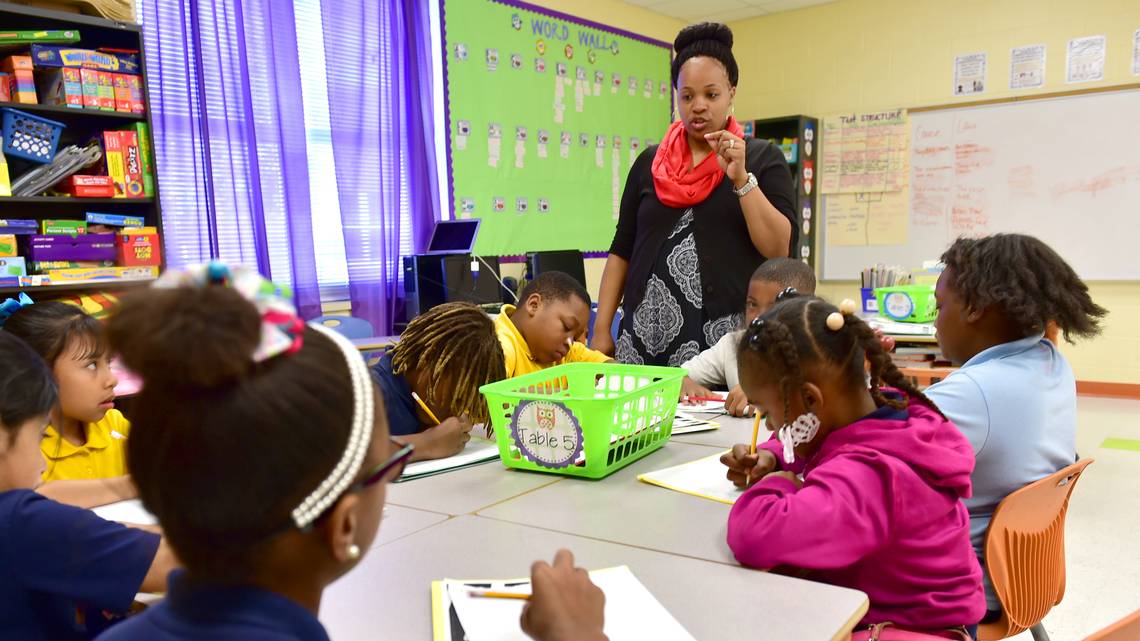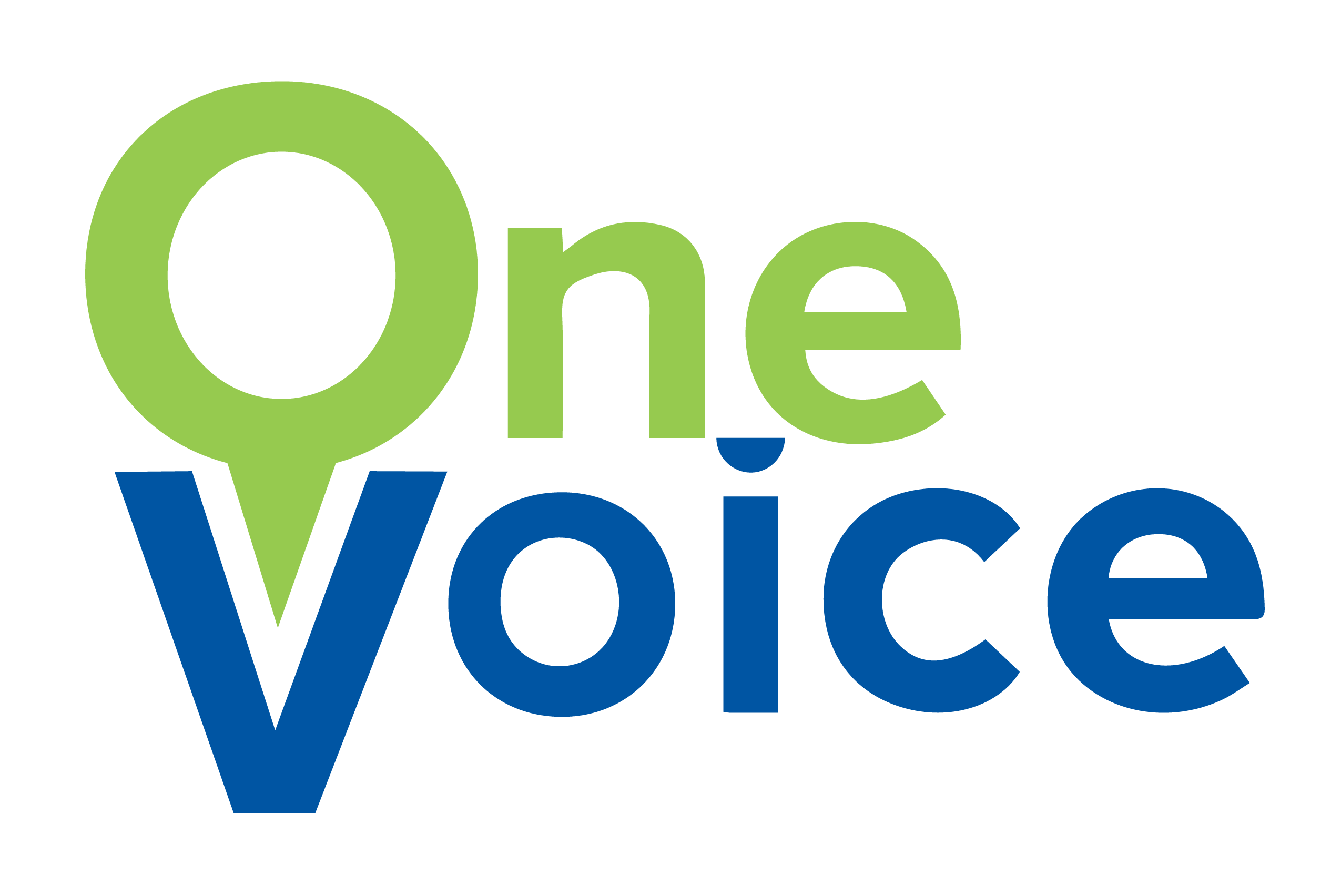
A preventable and insidious epidemic is sweeping the country: private schools are getting richer at the expense of public schools, and Mississippi schools are no exception. It’s time state lawmakers undo the damage they’ve done to our struggling schools instead of digging the knife in even deeper, making it increasingly difficult to provide quality instruction to our students. From the outside looking in, one would think the goal of lawmakers is to gut any semblance of a thriving public education system effectively.
Consider this: 90% of the state’s children attend public schools, yet legislators have underfunded the Mississippi Adequate Education Program, which determines public school funding, by more than $3.5 billion since 2008. For this school year alone, they’ve underfunded schools by $175 million.
To make matters worse, in 2022, lawmakers handed over an astounding $10 million in federal taxpayer funds to private schools that should have instead been earmarked for public schools.
It has become abundantly evident that the privatization of schools is a threat to the public school system. Lawmakers frame the agenda as “school/parent choice.” Regardless of the label, they are purposely underfunding schools and instead diverting taxpayer dollars to private schools, which, by the way, include charter schools.
When lawmakers funnel money to wealthy for-profit companies and agencies, our schools have no choice but to cut programs, staff, and other resources.
It’s inaccurate to assume that when a child leaves a public school for a private school, the money allocated for that child follows the child, and the school can resume business as usual. If only it were that simple.
On the contrary, according to the Network for Public Education, a public school can’t just reduce costs by an equivalent percent when a student exits for private school because it still has to pay the same bills: utilities, maintenance, transportation, food service, and salaries.
“Because schools can’t reduce expenses incrementally, they cut support staff – such as a reading specialist or librarian – and courses – such as art and music – that engage the diverse needs and interests of students. High-needs schools will be most at-risk for depleted funding,” wrote the NPE.
School choice is nothing new, according to the NPE. It was born out of segregation decades ago when white lawmakers designed programs to redirect funds to private schools so that white children wouldn’t have to attend schools with Black children.
Charter schools, which operate independently of public school districts, are indeed private, and the corporations that own them are more motivated by profit than student success. As a result, they are highly selective, accepting students most likely to succeed and rejecting those who are struggling. Unlike public schools, they have that option because, well, as private schools, they create their own rules.
Mississippi’s ten charter schools, located in five cities, drain taxpayer dollars while serving a few select students. And despite the promise of providing better education, charter schools’ accountability grades have decreased; public school accountability grades, in contrast, have improved. Imagine how much more successful our public schools would be if they were fully funded.
Still, even if a student returns to their public school after leaving for a private school, their funding allocation does not. By all accounts, it’s a lose-lose situation for the public school system.
One Voice opposes the privatization of public schools. It will continue to advocate against any state or federal legislation that diverts public funding, allows tax breaks, or creates preferential advantages to for-profit, private, and/or charter schools. We call for full funding of the MAEP to ensure a quality education for all children.

Our mission is to ensure an equal voice for traditionally silenced communities. When One Voice’s work is done, we envision a Mississippi with a healthy vibrant thriving neighborhoods, schools, economy, and most importantly families.
123 Main Street
New York, NY 10001
One Vision. One Village. One Voice